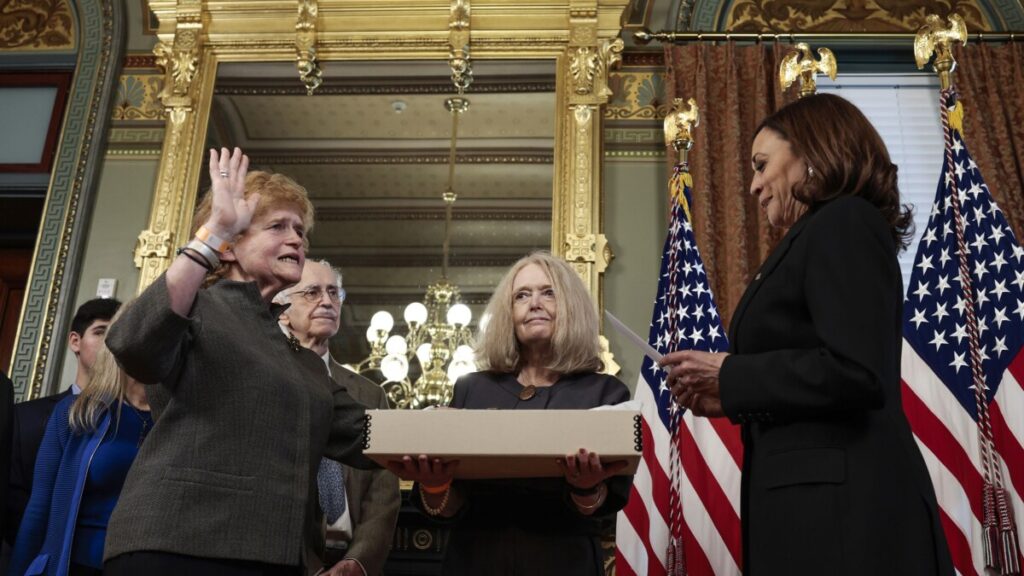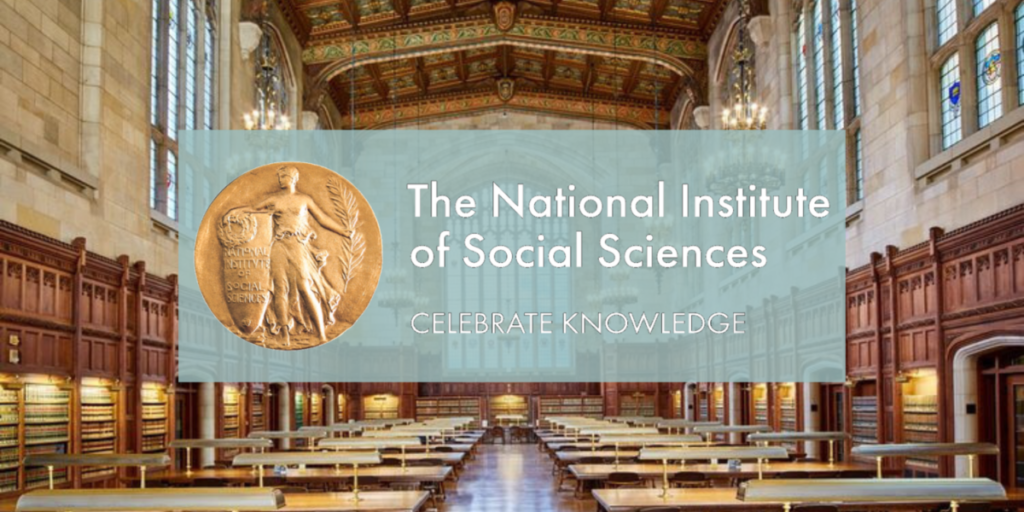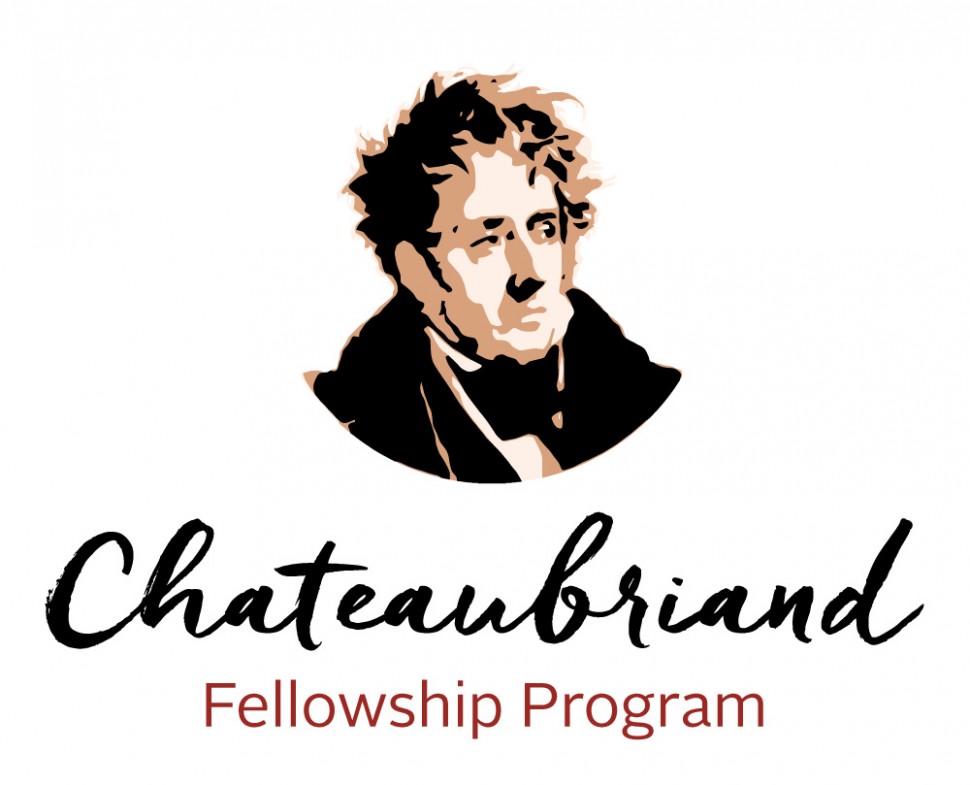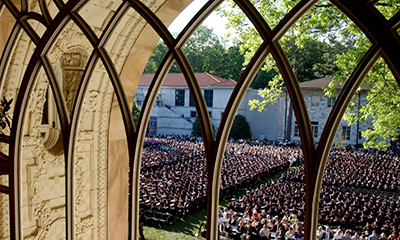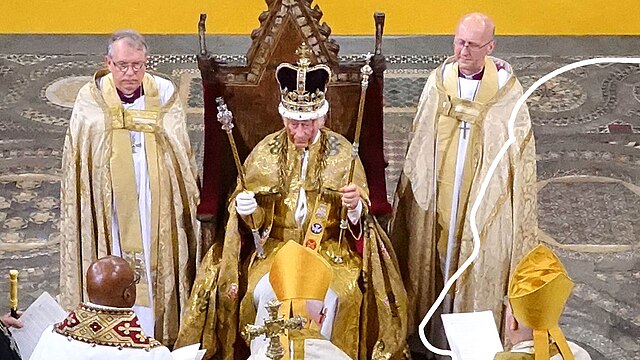Dr. Patrick N. Allitt, Cahoon Professor of American History, was quoted early last month in a HuffPost article in the lead up to the coronation of King Charles of England. A native of England and specialist in American intellectual, environmental, and religious history as well as Victorian Britain, Allitt offered historical context for one of the key aspects of the ceremony: the king’s anointing. This part of the ceremony is both the most sacred and the most shrouded in secrecy. Read an excerpt of Allitt’s comments below along with the full article here: “We Won’t Even Get To See The Most Sacred Part Of King Charles’ Coronation.”
Patrick Allitt, a professor of American history at Atlanta’s Emory University, elaborated further on the anointing, telling HuffPost by email Thursday that “the idea is that the monarch is appointed not by the people but by God.” It’s a notion that he said “was held with special force in the 1600s.”
“I don’t suppose that anyone still believes that God chooses the king, but the British monarch is still the head of the Church of England,” Allitt said. “The secrecy surrounding the anointing is a way of emphasizing that it is the symbol of a contract between king and God rather than king and people.”

